Setting Up Your GPS Tracker: Step-by-Step Guide for Enhanced Tracking
Setting up a GPS tracker is essential for monitoring vehicles, personal belongings, or assets in real-time. Whether for personal security, fleet management, or logistics optimization, understanding how to set up a GPS tracker empowers individuals and businesses in Golden Beach with effective tracking solutions tailored to specific needs.
Understanding GPS Tracker Components and Functionality
GPS trackers utilize satellite signals to determine accurate location coordinates, facilitating precise tracking capabilities. Key components include a GPS receiver module, antenna, microcontroller unit (MCU), power source, and optional features such as GSM connectivity for data transmission. These components work together to acquire GPS data, transmit location information, and enable remote monitoring via mobile or web interfaces.
Choosing the Right GPS Tracker System
When selecting a GPS tracker system in Golden Beach, individuals can explore options available at local electronics stores or online retailers. Factors to consider include device size, battery life, tracking accuracy, and compatibility with mobile platforms. Knowledgeable staff at electronics stores can provide guidance on selecting the system that best fits specific tracking needs and operational requirements.

Vehicle Tracking Devices
series-1000-Bug Finder
WIFI Hidden Camera Water Bottle
series-2000-
Online Voice Recorder
series-3000-Audio Enhancement
Bug Detector Scanner
series-4000-
Anti kidnapping Device
series-1000-
Oil Diffuser With Hidden Camera
series-2000-Spy Audio Bugs
Tiny Recorders
series-3000-
Phone Singnal Blacker
series-4000-
GPS Tracker for Fleet
series-1000-
Spy Camera Store
series-2000-WiFi Hidden Cameras
Tiny Recorder FL
series-3000-Spying Bugs
Professional Bug Detectors
series-4000-Bug Discoverer
Gps Tracking Watch For Elderly
series-1000-4K Hidden DVR Cameras
Hidden Camera Button
series-2000-Personal Protection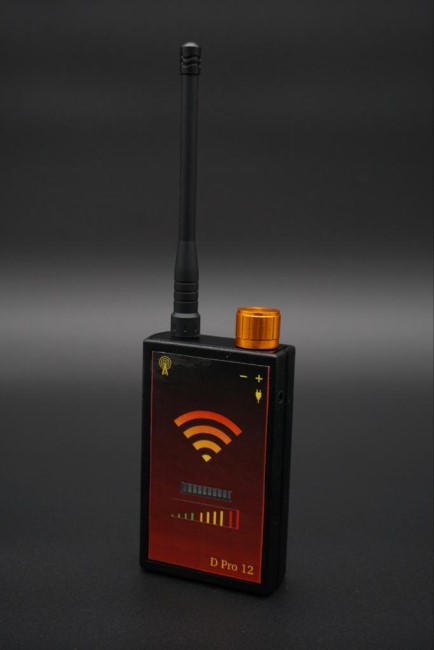
Hidden Dual Wireless Earpiece
series-3000-GPS Tracking Devices
Counter Surveillance
series-4000-Hidden Cameras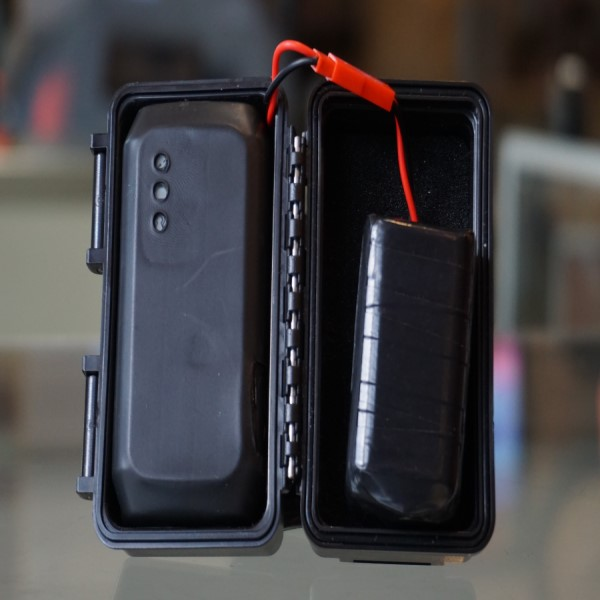
Best GPS Tracker for Cars
series-1000-Spy Cameras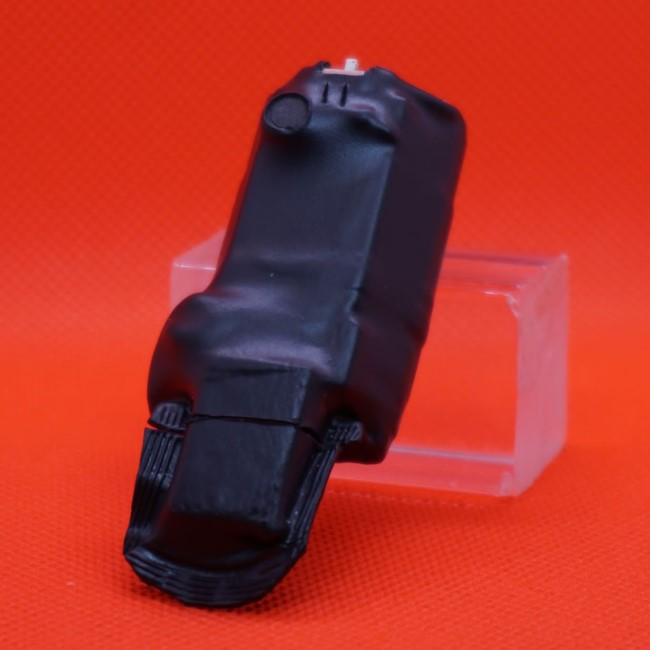
Hidden WIFI Keyboard Camera
series-2000-Invisible camera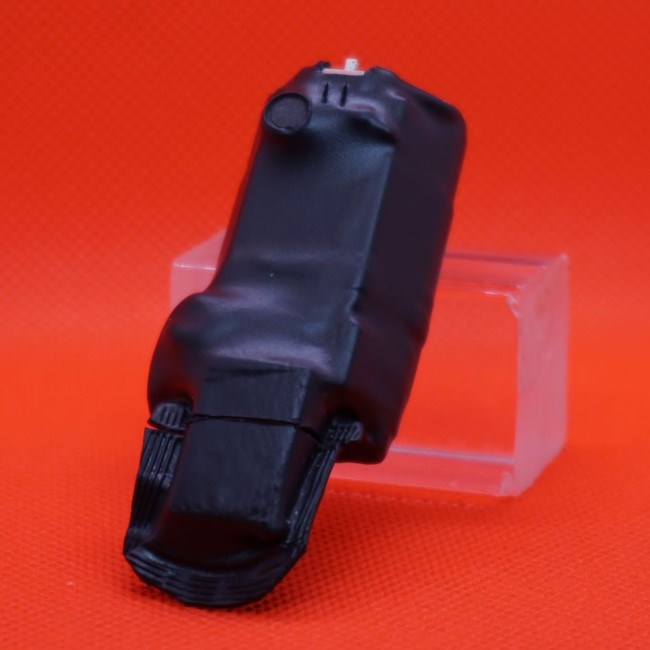
Audio Recorder
series-3000-Sound Recorder
Bug Detector Scanner
series-4000-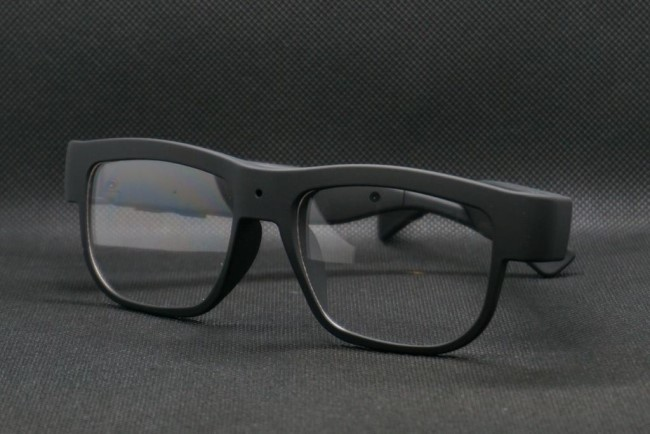
Fleet GPS Tracking
series-1000-New Spy Gadgets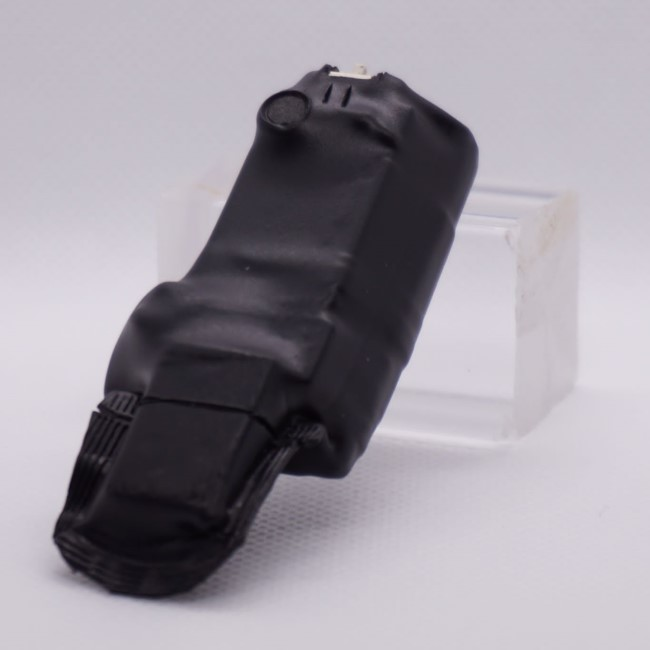
Hidden Camera in Mailbox
series-2000-DVR Recorders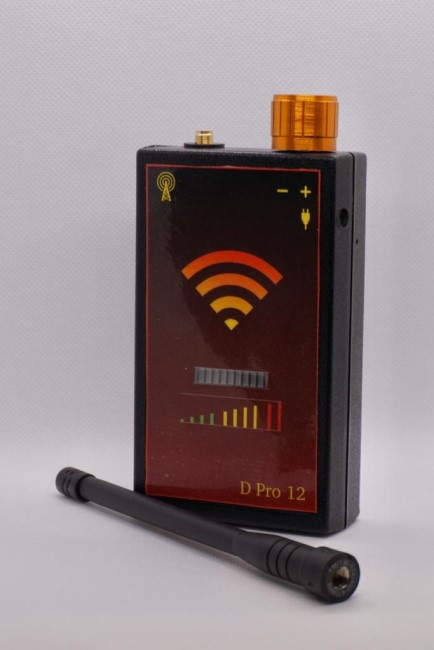
Digital Voice Recorders
series-3000-Voice Recorder Pens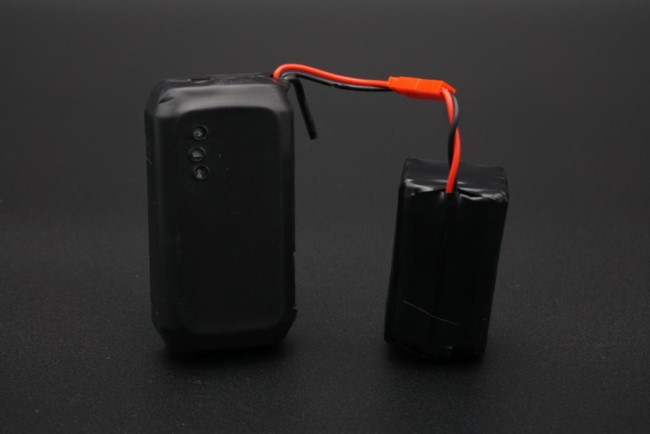
Bug Sweepers
series-4000-
GPS Tracking
series-1000-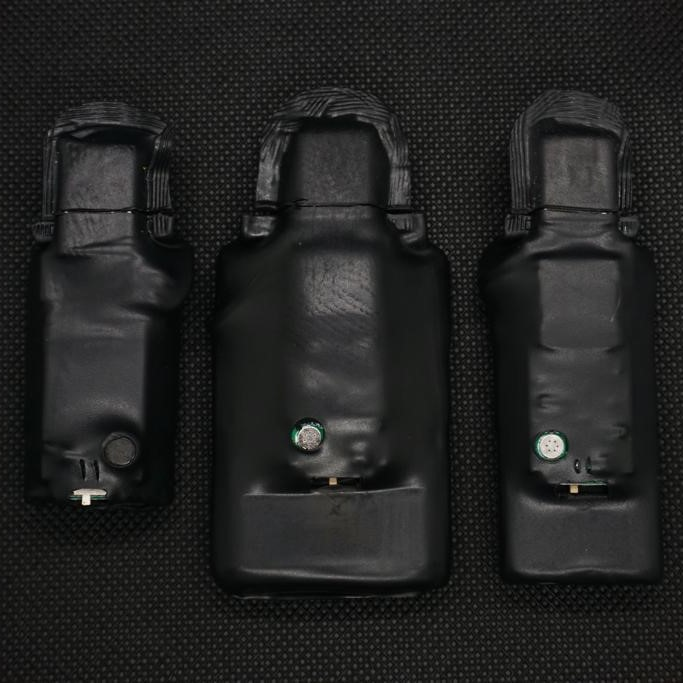
Copier Hidden Camera
series-2000-Voice Activated Recorders
Audio Digital Recorder
series-3000-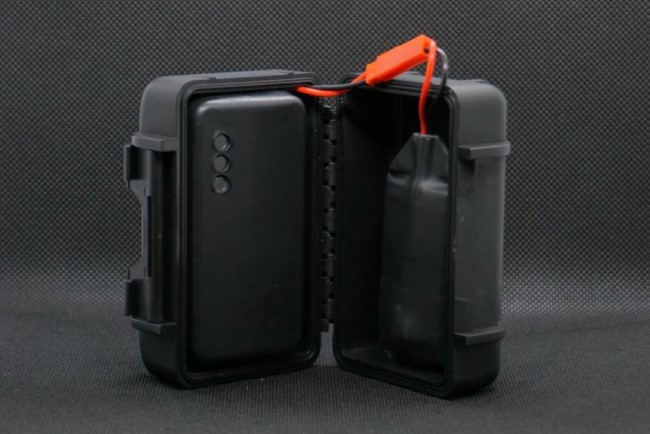
New Bug Detector
series-4000-Bug locator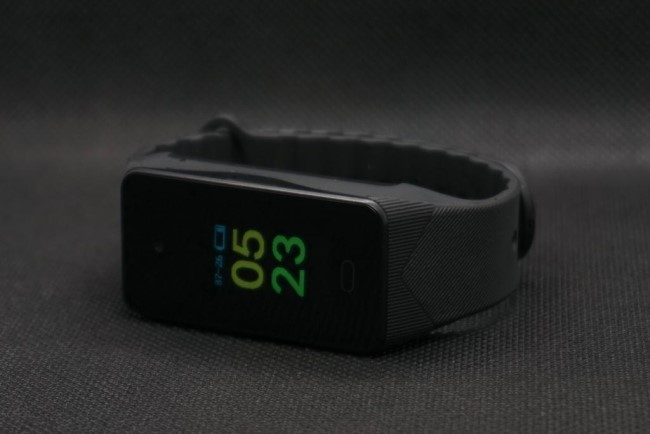
GPS Monitoring
series-1000-Phone Recorders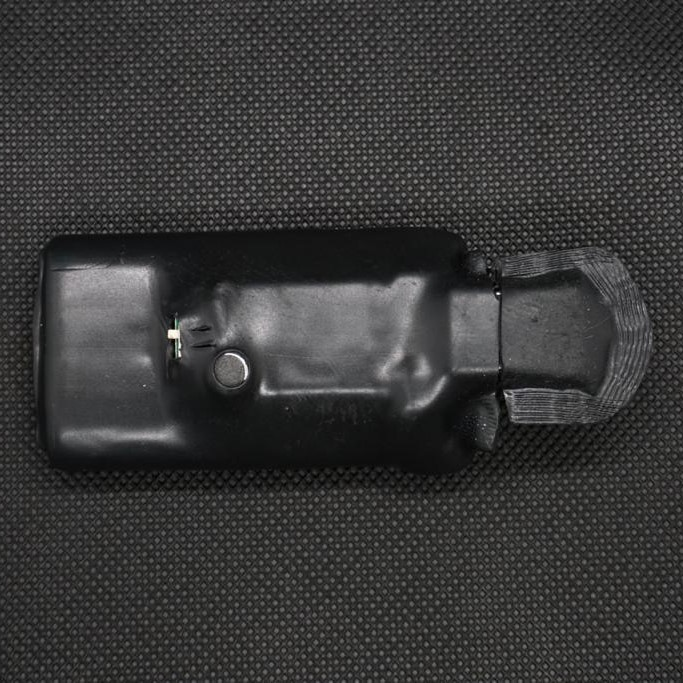
Brush Hair and Camera WIFI
series-2000-
Spy Voice Recorder
series-3000-Phone RecordersInstalling GPS Tracker Hardware and Antenna
Begin by installing the GPS tracker hardware in the desired location, ensuring optimal placement for GPS signal reception. Securely mount the tracker using adhesive or mounting brackets in vehicles or discreetly within personal belongings. Attach the GPS antenna in a position that minimizes obstruction from metal objects or interference, optimizing signal reception for accurate location tracking.
Configuring GPS Tracker Settings and Features
Once hardware installation is complete, configure the GPS tracker settings using accompanying software or mobile apps. Enter essential information such as device ID, tracking intervals, and geofencing parameters to customize tracking preferences. Activate optional features such as real-time tracking updates, movement alerts, or remote shutdown capabilities to enhance monitoring and security measures.
Integrating Mobile Connectivity for Remote Access
Integration with mobile connectivity enables remote access and management of GPS tracker data via dedicated mobile apps or web-based interfaces. Users can monitor real-time location updates, view historical tracking data, and receive alerts for geofence breaches or suspicious activities directly on their smartphones. This seamless integration ensures continuous oversight and prompt response to tracking events.

Vehicle Tracking Devices
series-1000-Bug Finder
WIFI Hidden Camera Water Bottle
series-2000-
Online Voice Recorder
series-3000-Audio Enhancement
Bug Detector Scanner
series-4000-
Anti kidnapping Device
series-1000-
Oil Diffuser With Hidden Camera
series-2000-Spy Audio Bugs
Tiny Recorders
series-3000-
Phone Singnal Blacker
series-4000-
GPS Tracker for Fleet
series-1000-
Spy Camera Store
series-2000-WiFi Hidden Cameras
Tiny Recorder FL
series-3000-Spying Bugs
Professional Bug Detectors
series-4000-Bug Discoverer
Gps Tracking Watch For Elderly
series-1000-4K Hidden DVR Cameras
Hidden Camera Button
series-2000-Personal Protection
Hidden Dual Wireless Earpiece
series-3000-GPS Tracking Devices
Counter Surveillance
series-4000-Hidden Cameras
Best GPS Tracker for Cars
series-1000-Spy Cameras
Hidden WIFI Keyboard Camera
series-2000-Invisible camera
Audio Recorder
series-3000-Sound Recorder
Bug Detector Scanner
series-4000-
Fleet GPS Tracking
series-1000-New Spy Gadgets
Hidden Camera in Mailbox
series-2000-DVR Recorders
Digital Voice Recorders
series-3000-Voice Recorder Pens
Bug Sweepers
series-4000-
GPS Tracking
series-1000-
Copier Hidden Camera
series-2000-Voice Activated Recorders
Audio Digital Recorder
series-3000-
New Bug Detector
series-4000-Bug locator
GPS Monitoring
series-1000-Phone Recorders
Brush Hair and Camera WIFI
series-2000-
Spy Voice Recorder
series-3000-Phone RecordersEnhancing Security Measures with Hidden and Covert Options
For discreet surveillance or security applications, consider hidden GPS tracker options designed for covert placement. Hidden camera modules can complement GPS tracking capabilities, capturing visual data alongside location coordinates for comprehensive monitoring. Covert installations in vehicles, equipment, or personal items deter unauthorized access and provide valuable evidence in the event of theft or misuse.
Ensuring Data Security and Privacy Compliance
Adherence to data security protocols and privacy regulations is paramount when setting up GPS trackers. Encrypt sensitive tracking data, implement secure transmission protocols, and obtain necessary permissions or consent for tracking activities as required by local laws. Protecting personal and operational information safeguards against unauthorized access and preserves user privacy throughout the tracking process.
Optimizing Fleet Management and Operational Efficiency
Businesses benefit from GPS tracker setups by optimizing fleet management operations and improving operational efficiency. Real-time tracking capabilities enable dispatchers to monitor vehicle routes, manage delivery schedules, and respond promptly to logistical challenges or emergencies. Data-driven insights from GPS trackers facilitate informed decision-making, enhancing resource allocation and customer service delivery.

Vehicle Tracking Devices
series-1000-Bug Finder
WIFI Hidden Camera Water Bottle
series-2000-
Online Voice Recorder
series-3000-Audio Enhancement
Bug Detector Scanner
series-4000-
Anti kidnapping Device
series-1000-
Oil Diffuser With Hidden Camera
series-2000-Spy Audio Bugs
Tiny Recorders
series-3000-
Phone Singnal Blacker
series-4000-
GPS Tracker for Fleet
series-1000-
Spy Camera Store
series-2000-WiFi Hidden Cameras
Tiny Recorder FL
series-3000-Spying Bugs
Professional Bug Detectors
series-4000-Bug Discoverer
Gps Tracking Watch For Elderly
series-1000-4K Hidden DVR Cameras
Hidden Camera Button
series-2000-Personal Protection
Hidden Dual Wireless Earpiece
series-3000-GPS Tracking Devices
Counter Surveillance
series-4000-Hidden Cameras
Best GPS Tracker for Cars
series-1000-Spy Cameras
Hidden WIFI Keyboard Camera
series-2000-Invisible camera
Audio Recorder
series-3000-Sound Recorder
Bug Detector Scanner
series-4000-
Fleet GPS Tracking
series-1000-New Spy Gadgets
Hidden Camera in Mailbox
series-2000-DVR Recorders
Digital Voice Recorders
series-3000-Voice Recorder Pens
Bug Sweepers
series-4000-
GPS Tracking
series-1000-
Copier Hidden Camera
series-2000-Voice Activated Recorders
Audio Digital Recorder
series-3000-
New Bug Detector
series-4000-Bug locator
GPS Monitoring
series-1000-Phone Recorders
Brush Hair and Camera WIFI
series-2000-
Spy Voice Recorder
series-3000-Phone RecordersSupporting Emergency Response and Public Safety
GPS trackers play a vital role in supporting emergency response efforts and enhancing public safety initiatives. Emergency services can deploy GPS-equipped devices to locate individuals in distress, coordinate rescue operations, and expedite response times during critical incidents. Integrating GPS technology with emergency communication systems enhances situational awareness and improves outcomes for responders and the community.
Conclusion
Setting up a GPS tracker in Golden Beach, USA, provides invaluable tools for enhancing tracking capabilities, improving security measures, and optimizing operational efficiency across various applications. By understanding GPS technology, selecting suitable equipment, and configuring advanced features, individuals and businesses can deploy effective tracking solutions tailored to specific needs. Explore the range of GPS tracker systems available at local stores or online retailers to embark on your journey towards enhanced tracking and security in Golden Beach and beyond.



